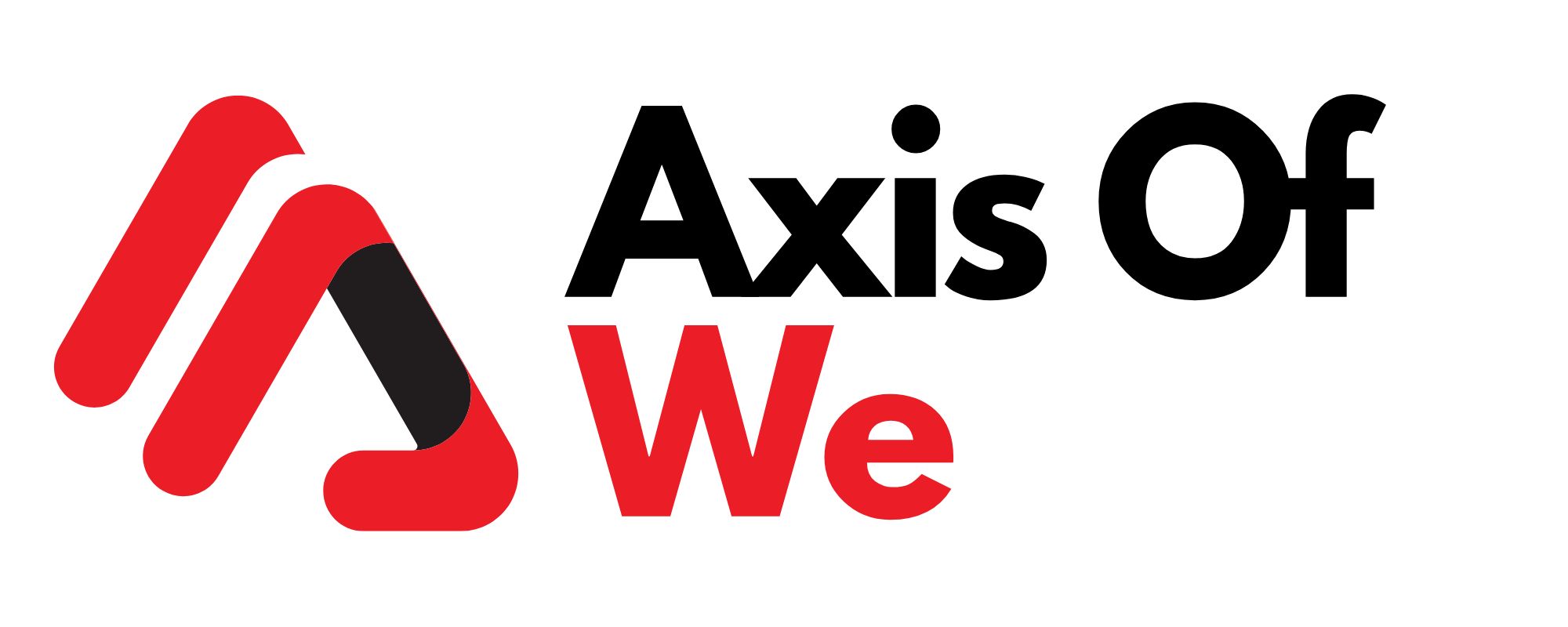The Ripple Effect: How Community Connections Impact Society

The power of community connections extends far beyond the individuals directly involved; it creates a ripple effect that can impact society as a whole. When communities work together to support one another, engage in collective action, and solve common problems, the positive outcomes often spread to larger systems, creating widespread change. These connections build a foundation of trust, resilience, and shared purpose, which can ultimately strengthen the social fabric of society.

One of the most notable impacts of community connections is the way they foster social capital. Social capital refers to the networks, relationships, and trust that exist within a community. When these elements are strong, communities are better equipped to work together to address local issues, such as poverty, crime, or environmental sustainability. These collective efforts not only benefit the immediate members of the community but also contribute to the overall health and safety of the larger society. The trust and cooperation that exist within tight-knit communities can be leveraged to advocate for policy changes, organize local movements, and mobilize resources for the greater good.

Moreover, the ripple effect of community connections can be seen in the way they influence individual behavior. People who are part of strong, supportive communities are more likely to adopt positive behaviors, such as volunteering, donating to charitable causes, or engaging in pro-social activities. These actions, when aggregated, create a larger cultural shift toward kindness, empathy, and civic engagement. As individuals participate in these activities, they inspire others to do the same, creating a cycle of positive reinforcement that benefits society as a whole.

In addition, community connections play a vital role in fostering resilience in times of crisis. Whether it’s responding to natural disasters, economic downturns, or public health emergencies, strong communities are often better able to adapt and recover. The support and collaboration that flow through community networks enable individuals to share resources, provide emotional support, and take collective action to address challenges. As these efforts ripple outward, they help strengthen not only the community itself but also the broader society, ensuring that it remains resilient in the face of adversity.

In conclusion, the ripple effect of community connections extends far beyond the individuals directly involved. By fostering social capital, promoting positive behaviors, and strengthening resilience, these connections contribute to the overall well-being and progress of society. When communities come together, the impact can be transformative, creating lasting change that benefits everyone.


